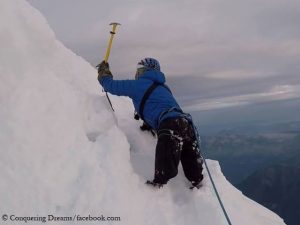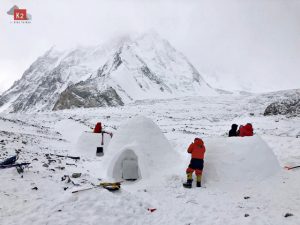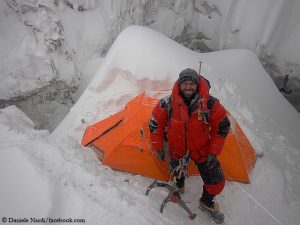Nepal’s Supreme Court strucks down new Everest rules
The government of Nepal has to revise the controversial new mountaineering rules for Mount Everest and other mountains in the country higher than 6,500-meters. The country’s Supreme Court supported the position of several plaintiffs who found that the new rules were a discrimination against disabled people. Among other things, the government had decided at the end of December with immediate effect not to issue permits to double-amputee climbers and blind people. The complainants had stated inter alia that Nepal had signed the UN Convention on the Rights of Persons with Disabilities and that the new rules clearly contradicted these rights. This opinion was followed by the five judges of the Supreme Court.
“Summited a bureaucratic Everest”
Hari Budha Magar was one of the mountaineers who, according to the new regulations, should not have received a permit this spring. The 38-year-old Nepalese, who had lost both legs above the knee as a soldier of the British Gurkha Regiment in a bomb blast in Afghanistan in 2010, actually wanted to climb Everest in 2018 from the south side. After the decision of the government, which he sharply criticized, he had initially suspended his plan. “Now, we have summited a bureaucratic Mt. Everest,” Hari wrote on Facebook after the decision of the Supreme Judge in Kathmandu. “Thank you Supreme Court, you are our hope to get justice. This is true example of Nepalese judiciary system, keep it up! I hope Department of Tourism will implement this Supreme Court order. Let’s climb real Mt Everest together!”
Part one of the new rules is tipped, part two continues for the time being. The government had also prohibited future solo climbs of the highest mountains. Nobody has so far filed a suit against this rule.









